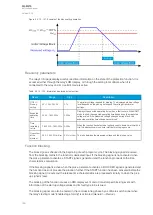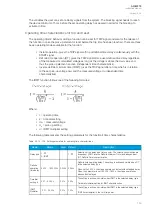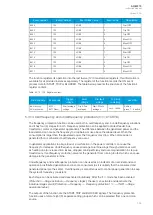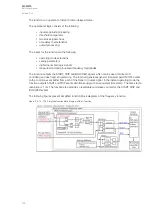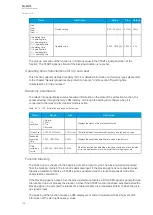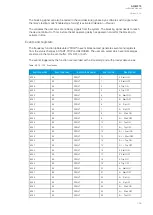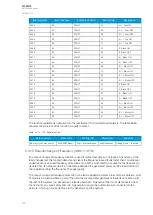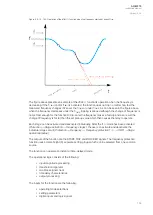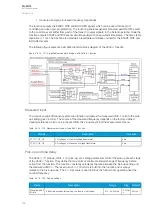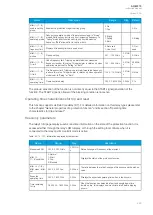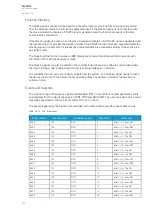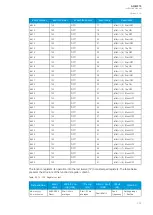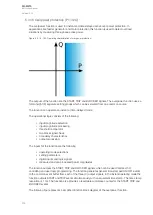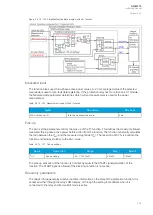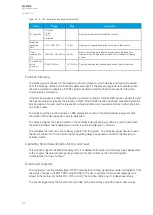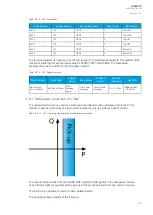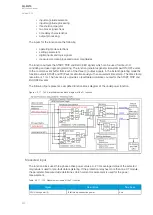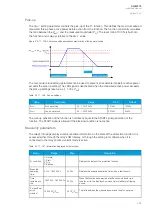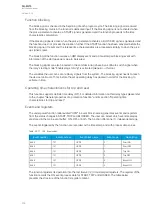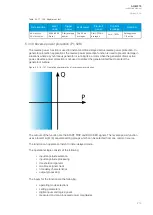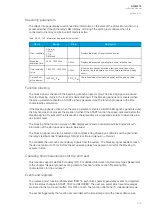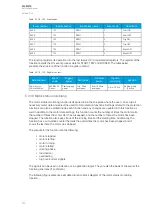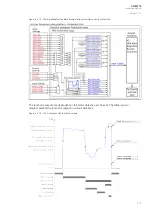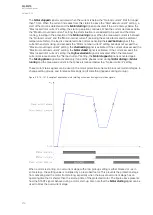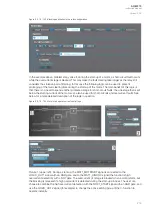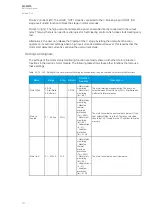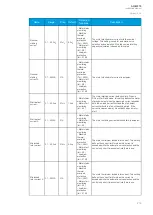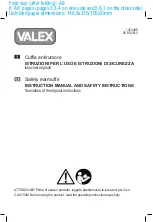
5.3.16 Overpower protection (P>; 32O)
The overpower function is used for instant and time-delayed active over-power protection. In
applications like feeder, generator and motor protection this function is used to detect overload
situations by measuring three-phase active power.
Figure. 5.3.16 - 142. Operating characteristics of overpower protection.
The outputs of the function are the START, TRIP and BLOCKED signals. The overpower function uses a
total of eight (8) separate setting groups which can be selected from one common source.
The function can operate on instant or time-delayed mode.
The operational logic consists of the following:
• input magnitude selection
• input magnitude processing
• threshold comparator
• two block signal check
• time delay characteristics
• output processing.
The inputs for the function are the following:
• operating mode selections
• setting parameters
• digital inputs and logic signals
• measured and pre-processed power magnitudes.
The function outputs the START, TRIP and BLOCKED signals which can be used for direct I/O
controlling and user logic programming. The function generates general time-stamped ON/OFF events
to the common event buffer from each of the three (3) output signals. In the instant operating mode the
function outputs START and TRIP events simultaneously with an equivalent time stamp. The time stamp
resolution is 1 ms. The function also provides a resettable cumulative counter for the START, TRIP and
BLOCKED events.
The following figure presents a simplified function block diagram of the overpower function.
A
AQ
Q-M215
-M215
Instruction manual
Version: 2.04
203

